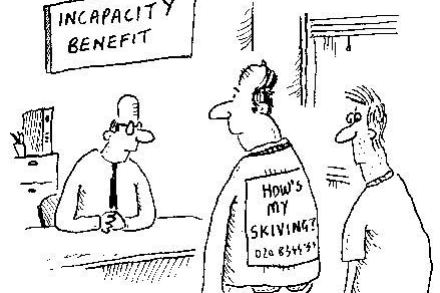No one should be prohibited from questioning our past
Tarnow, Poland (maybe) I’m hungry, stuck here with a tube of flavoured pork fat, a bottle of bison grass vodka and 400 cut-price English cigarettes. This is the sleeper train from Krakow to Bucharest, via Budapest, at the bad, cold hour of midnight — and there’s no dining car. Just pork fat and vodka for dinner — and lunch was a hastily taken affair at the Auschwitz burger bar ’n’ grill, just down from Crematorium No. 1, a fairly joyless place, frankly, and the food not up to much. In the next berth along the commie-era carriage a Brazilian man is hopping up and down in delight because he’s never









